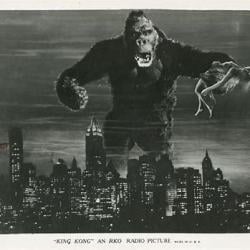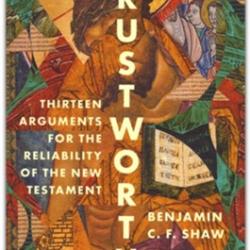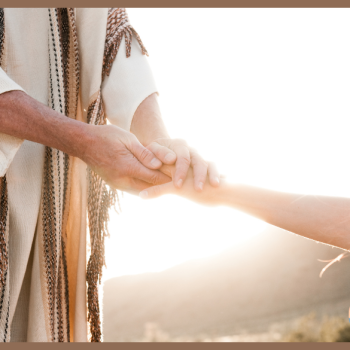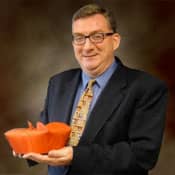His phone rang early Monday morning in Scranton. It was Archbishop Pio Laghi, the Pope's representative to America. During their conversation, Laghi said, "By the way, the Holy Father has appointed you Archbishop of New York." "Come on," John O'Connor responded, "are you kidding?" "I'm not kidding," Laghi answered. And so began the career of New York Catholicism's most colorful leader since John Hughes.
"I'm called the controversial Archbishop of New York whenever I'm introduced," he once said with a grin. Even a decade after his death, his name alone can still engender a debate. But O'Connor biographer Terry Golway notes that while he was called outspoken, he was actually quite soft-spoken. This ecclesiastical celebrity who engaged easily in national and global debates lived a simple life. His move to New York involved some clothing, a few dufflebags, and a truckload of books.
John Joseph O'Connor never forgot where he came from, a row house in Philadelphia. "My father," he frequently noted, "was a union man." Thomas O'Connor originally hoped his son would join the union, but he supported Jack's vocation. The formation program at St. Charles Seminary, Overbrook, was quite strict, and O'Connor admitted wanting to quit many times along the way, but he kept his eye on the priesthood.
In his first seven years of priesthood, Father O'Connor taught high school, served as a hospital chaplain, ran a radio program, and began a center for developmentally disabled children. During the Korean War, he was appointed a Navy Chaplain, a job for which he initially had little enthusiasm. During Vietnam, he served with the Marines in the field. His first book, A Chaplain Looks at Vietnam, was a defense of the war, one he later regretted.
Back in America, O'Connor finished a political science doctorate at Georgetown (he had a master's in clinical psychology). In 1972, he was appointed chaplain at the Naval Academy. While there his niece and nephew lived with him while attending local colleges. For the sailor-priest, it was an internship in parenting. (His niece later sent him Father's Day cards.)
In 1975, Captain O'Connor was named Chief of Chaplains, a job that brought him all over the world. On retiring, he hoped to return to a parish, but he was named a Bishop for the Military Ordinariate (now the Archdiocese for Military Services), overseeing ministry to servicemen and women worldwide.
In early 1983, he was named Bishop of Scranton, "a slightly bigger parish than I'd anticipated, but my roots were in Pennsylvania, I knew Scranton, and I was overjoyed." Although his stay was short, he made an impression. As a bishop, he insisted, "There can be no such thing as, 'I will not accept that assignment'... we must not baby ourselves in this regard. We were ordained for the people."
In January 1984, he was named Archbishop of New York, the eleventh since 1808. Lore has it that Pope John Paul II wanted "a man just like me in New York." Before O'Connor left Scranton, he commented:
I suspect I'll be going into New York as Our Lord went into Jerusalem on Palm Sunday, and there were a lot of hosannas and cheers and warm welcomes. But I try to remember what happened a few days later, you know.
He knew he would be pilloried for certain views, but "if every time the New York Times doesn't agree with me I . . . want to turn tail and run, I'll never be able to contribute anything to this job and to this city."
For a long time, the Archbishop of New York has been regarded as the unofficial leader of the American Church, and Cardinal O'Connor (so named in 1985) held forth on every topic imaginable: zoning laws, the Middle East, nuclear war, the inner city, abortion, the death penalty, poverty, racism, and gay rights. His opinions always made front-page news. While some bishops recited carefully prepared texts, Cardinal O'Connor was accused of "shooting from the hip." O'Connor responded:
What I was doing, I have always done, and will continue to do is present the official teaching of the Church as clearly as I can. Anyone interested in the teaching of the Church can then decide whether what a candidate says accords with that teaching. Surely I have a right to make clear the teaching of the Church.
During the 1984 presidential campaign, he was attacked for his stance on abortion and pro-choice politicians. "I was talking about hunger, homelessness, the ill-housed, racism, and the horrors of nuclear war," he noted, "but nobody accused me of implicitly endorsing Walter Mondale." Although considered a conservative, he opposed the death penalty, excessive military spending, and unbridled capitalism.





